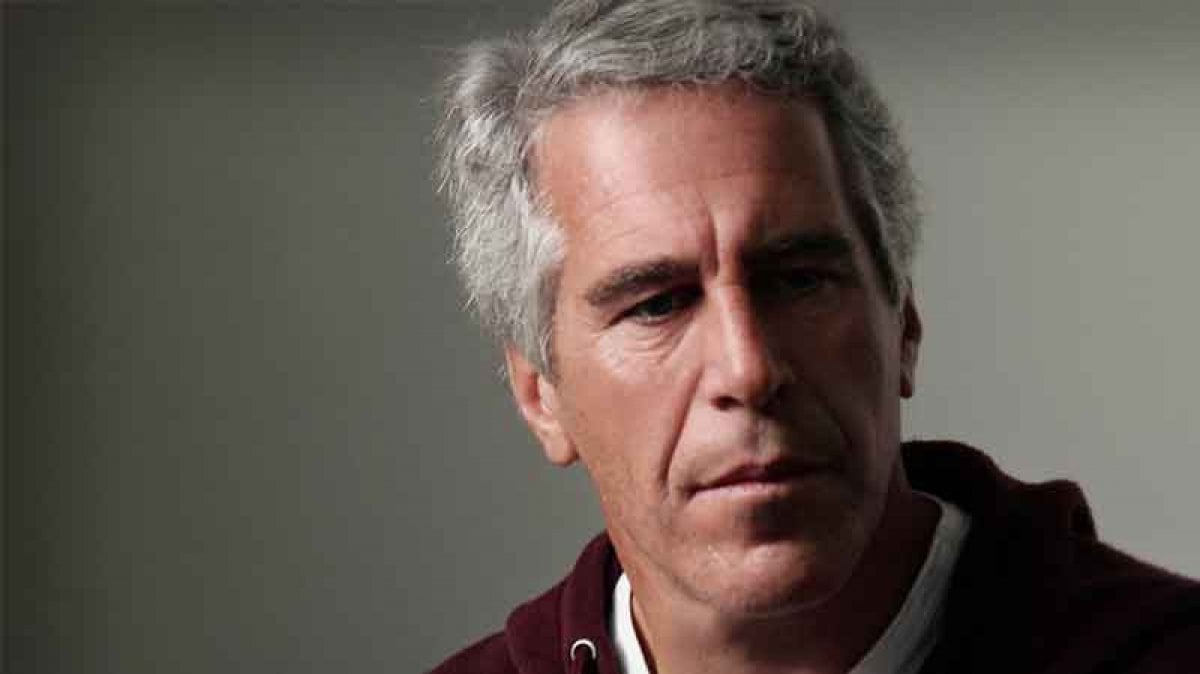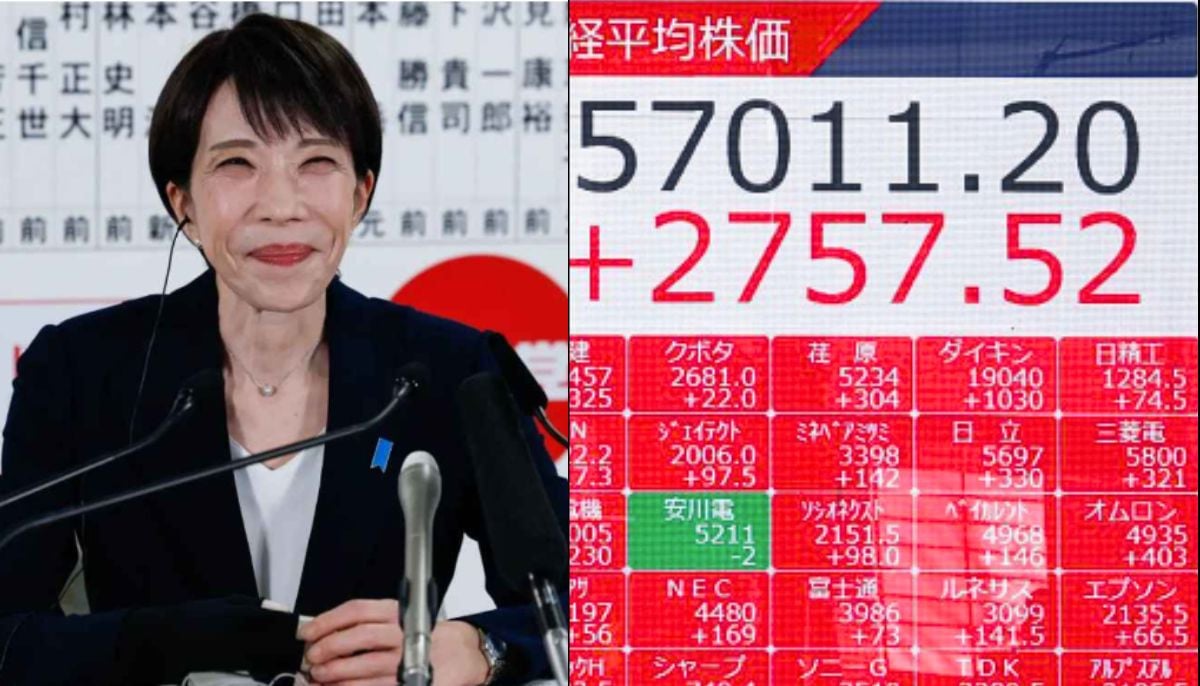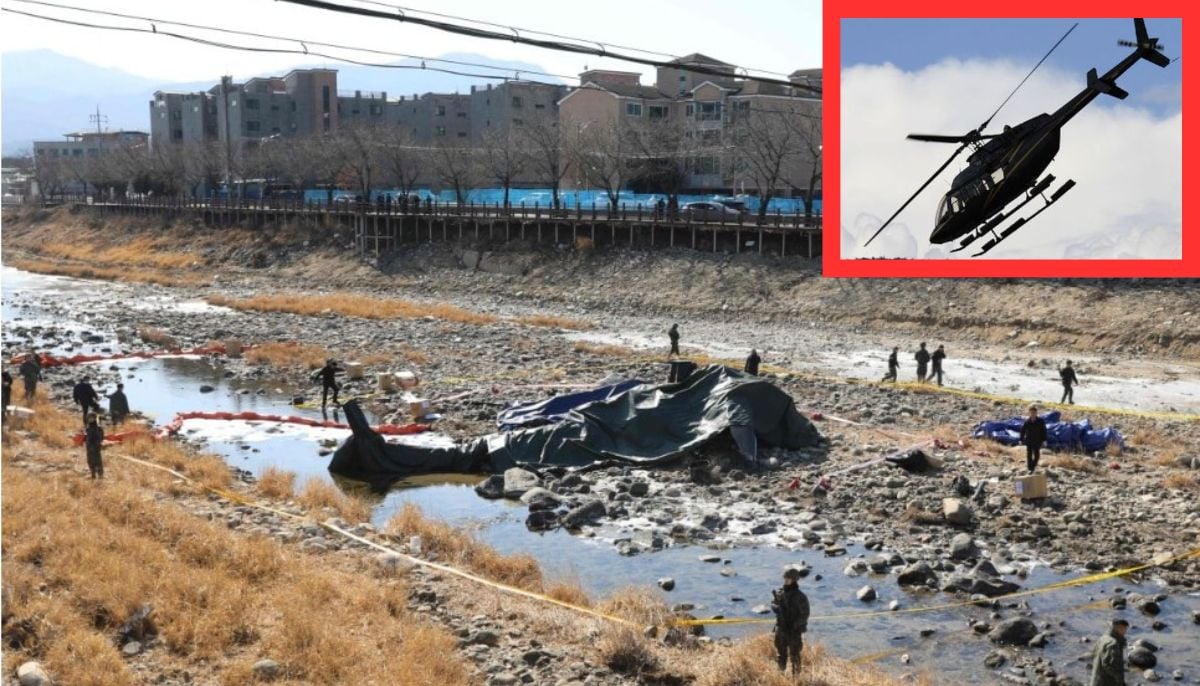ROME: Climate change could sink up to 122 million more people into extreme poverty by 2030, mostly in South Asia and Africa, where small farmers would see their output plummet, the UN warned Monday.
In an annual report, the UN´s Food and Agricultural Organization (FAO) warned that a worst-case scenario involving high-impact climate change would pound the communities that rely on agriculture for their livelihood.
It called for a "broad-based transformation of food and agricultural systems" to adapt to a warmer world, and doubling down on support for the world´s 475 million smallholder farm families.
"There is no doubt climate change affects food security," FAO chief Jose Graziano da Silva said. "What climate change does is to bring back uncertainties from the time we were all hunter gatherers. We cannot assure any more that we will have the harvest we have planted."
Farming is both a driver of climate change, responsible for some 21 percent of global greenhouse gas production, and a victim, with crops adversely affected by drought and floods.
Adopting "climate-smart" practices, like planting nitrogen-efficient and heat-tolerant crops, or finding better ways to conserve water, would reduce undernourishment for many millions, the FAO said.
To weigh the effect of climate change, the FAO created predictive models based on either a low- or high-impact scenario, and compared them to a third in which climate change did not exist.
Without global warming, it said, general economic growth would work to reduce the numbers of those at risk of hunger in most regions. But taking a "business as usual" approach in a world with climate change would see the numbers of the world´s poor jump by between 35 and 122 million by 2030.
In the worst-case scenario, 62 million of the newly poor are in South Asia, and 43 million in Africa.
Over the next few decades, the UN agency said some regions, especially cold ones, would actually see some gains in fishing, farming and forestry output. But that positive impact would disappear by 2030, replaced by an "increasingly severe" negative impact on yields all across the globe.
The FAO urged signatories to the 2015 Paris climate deal to "put commitments into action", underscoring the need to help developing countries with climate change mitigation.
These should include support for innovation, climate finance to fund developing countries´ involvement and using international public finance to trigger greater public and private investment.
-
Japan Elections: Stock surges record high as PM Sanae Takaichi secures historic victory
-
$44B sent by mistake: South Korea demands tougher crypto regulations
-
South Korea: Two killed as military helicopter crashes during training
-
Jake Paul criticizes Bad Bunny's Super Bowl LX Halftime Show: 'Fake American'
-
Hong Kong court sentences media tycoon Jimmy Lai to 20-years: Full list of charges explained
-
Trump passes verdict on Bad Bunny’s Super Bowl halftime show
-
Blac Chyna reveals her new approach to love, healing after recent heartbreak
-
Melissa Jon Hart explains rare reason behind not revisting old roles











